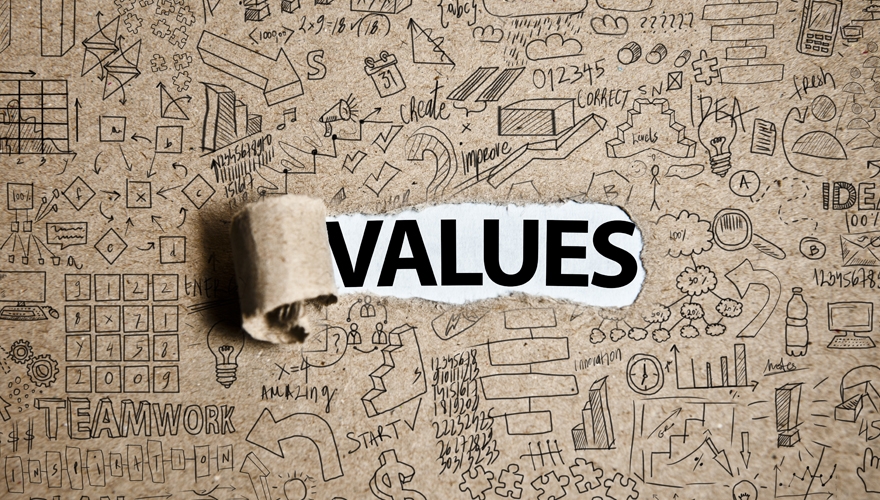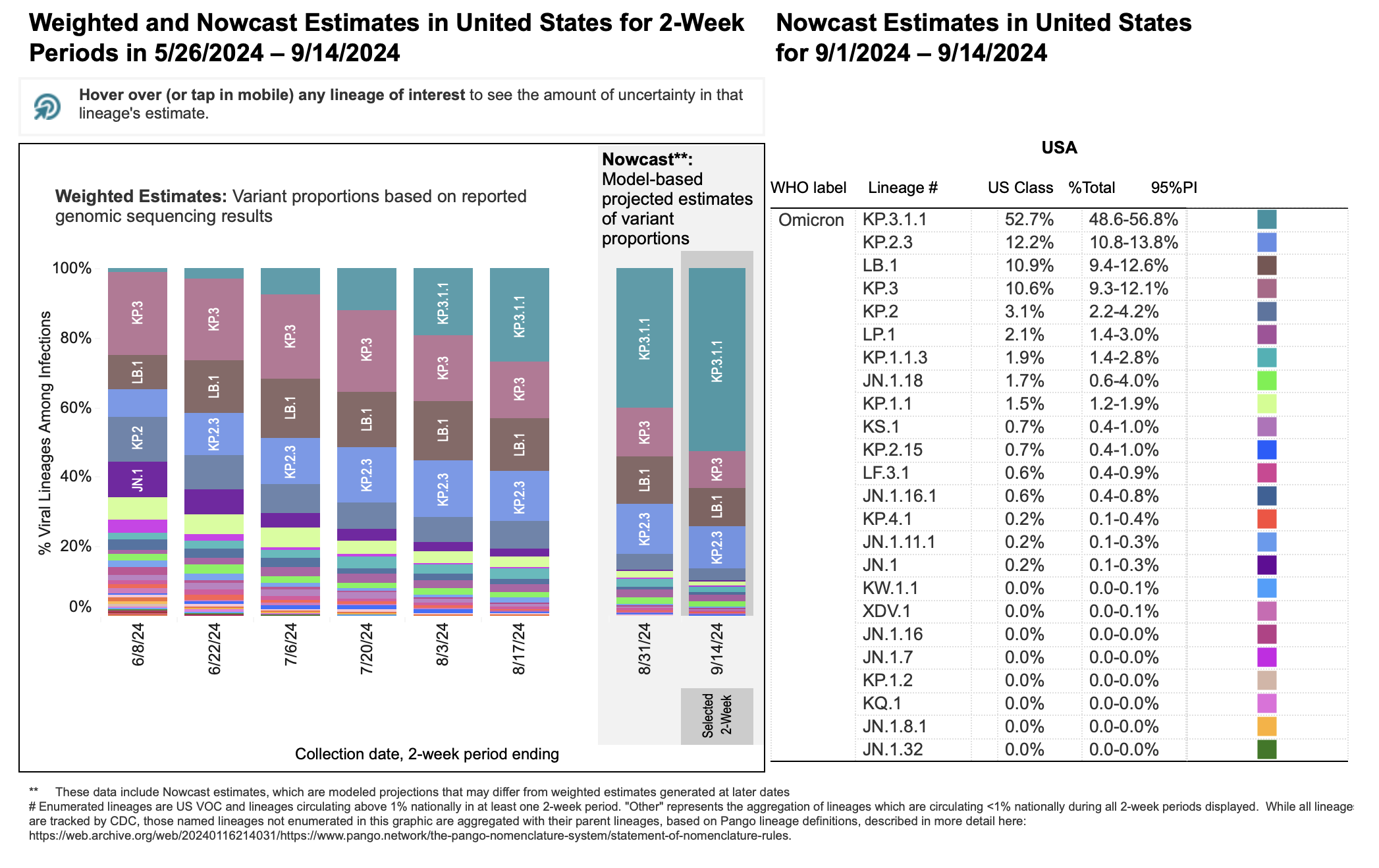The Good Life: Defining Your Values And Priorities

Table of Contents
Identifying Your Core Values
Understanding your core values is the cornerstone of building the good life. This involves deep introspection and a willingness to honestly examine what truly matters to you.
Introspection and Self-Reflection
Self-reflection is key to uncovering your core values. Several techniques can help you delve into your inner world and identify what resonates most deeply within you.
- Journaling Prompts: Consider these prompts for your journaling practice:
- What brings me joy and a sense of fulfillment?
- What are my biggest accomplishments, and what values did they reflect?
- What am I most grateful for in my life, and why?
- What are my deepest regrets, and what lessons can I learn from them?
- Mindfulness and Meditation: Practicing mindfulness can enhance self-awareness and help you connect with your inner self. Many apps, such as Headspace or Calm, offer guided meditations specifically designed for self-reflection and value identification.
Identifying Your Priorities
Once you've identified your values, you need to prioritize them. This means distinguishing between your wants and your needs, focusing your energy on activities and goals that truly align with your core values.
- Common Values: Some common values include:
- Family and relationships
- Health and well-being
- Creativity and self-expression
- Learning and personal growth
- Contribution to society
- Financial security
- Freedom and independence
- Prioritization Exercise: Rank your values in order of importance. Consider using a simple ranking system (e.g., 1-10) or creating a visual representation like a mind map. This exercise will provide clarity on what truly matters to you.
Aligning Your Life with Your Values
Once you’ve identified and prioritized your values, the next step is aligning your life with them. This involves setting meaningful goals and making conscious choices that reflect your priorities.
Setting Meaningful Goals
Setting SMART goals – Specific, Measurable, Achievable, Relevant, and Time-bound – is crucial for translating your values into tangible actions. These goals should directly support your prioritized values.
- Goal Setting Examples:
- Family: Schedule regular family dinners, plan a family vacation.
- Health: Set a fitness goal (e.g., run a 5k), adopt a healthier diet.
- Creativity: Start a new creative project (e.g., painting, writing), join a creative class.
- Career: Set a professional development goal (e.g., get a certification, learn a new skill).
- Breaking Down Goals: Large goals can feel overwhelming. Break them down into smaller, more manageable steps to make them less daunting and more achievable.
Making Conscious Choices
Daily choices play a significant role in living a life aligned with your values. Making conscious choices, rather than acting on impulse, ensures you're consistently moving towards your desired future.
- Daily Choices Impacting Values:
- Spending quality time with loved ones (Family)
- Choosing healthy foods and exercising regularly (Health)
- Engaging in hobbies and creative pursuits (Creativity)
- Learning new things and seeking knowledge (Learning)
- Overcoming Obstacles: Staying committed to your goals requires resilience. Develop strategies to overcome obstacles and maintain motivation. This might involve seeking support, celebrating small wins, or adjusting your approach as needed.
Re-evaluating and Adjusting Your Path
Life is dynamic, and your values and priorities may evolve over time. Regular reflection and adjustment are crucial for staying on track and ensuring your life remains aligned with your authentic self.
Regular Review and Reflection
Regularly review your progress and reflect on your journey towards the good life. This allows you to assess what's working, what needs adjustment, and whether your values have shifted.
- Review Frequency: Consider reviewing your progress monthly or quarterly. This provides enough time to see meaningful changes and adjust your course accordingly.
- Adaptability and Change: Life circumstances change. Be prepared to adapt your priorities and goals as needed, ensuring your path towards the good life remains relevant to your current situation.
Seeking Support and Guidance
Don't hesitate to seek support from others on your journey. Sharing your goals and challenges with trusted friends, family, mentors, or therapists can provide valuable perspective and encouragement.
- Finding Support:
- Connect with friends and family who support your values.
- Consider joining support groups or seeking professional counseling.
- Find a mentor who can provide guidance and encouragement.
- External Perspectives: Seeking external perspectives can help you identify blind spots and gain new insights into your goals and challenges.
Conclusion
Building the good life is a journey, not a destination. Identifying your core values, setting aligned goals, and consistently making choices that support those values are crucial for creating a fulfilling and meaningful existence. Start building your good life today! Discover your path to the good life by understanding what truly matters to you. Define your good life values now and begin creating the life you've always dreamed of. [Link to a relevant worksheet or quiz].

Featured Posts
-
 Foire Au Jambon De Bayonne 2025 Questionnement Sur La Viabilite Financiere
May 31, 2025
Foire Au Jambon De Bayonne 2025 Questionnement Sur La Viabilite Financiere
May 31, 2025 -
 Analyse Du Potentiel Boursier De Sanofi Par Loeil Du Loup De Zurich
May 31, 2025
Analyse Du Potentiel Boursier De Sanofi Par Loeil Du Loup De Zurich
May 31, 2025 -
 Festival De La Camargue A Port Saint Louis Du Rhone Un Evenement Maritime
May 31, 2025
Festival De La Camargue A Port Saint Louis Du Rhone Un Evenement Maritime
May 31, 2025 -
 Covid 19 Update Who Identifies New Variant Driving Case Increases
May 31, 2025
Covid 19 Update Who Identifies New Variant Driving Case Increases
May 31, 2025 -
 2025 Love Moto Stop Cancer Online Auction For A Great Cause
May 31, 2025
2025 Love Moto Stop Cancer Online Auction For A Great Cause
May 31, 2025
